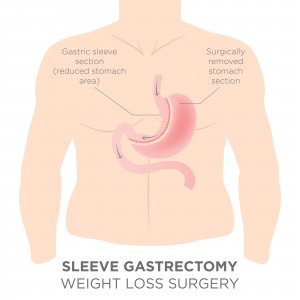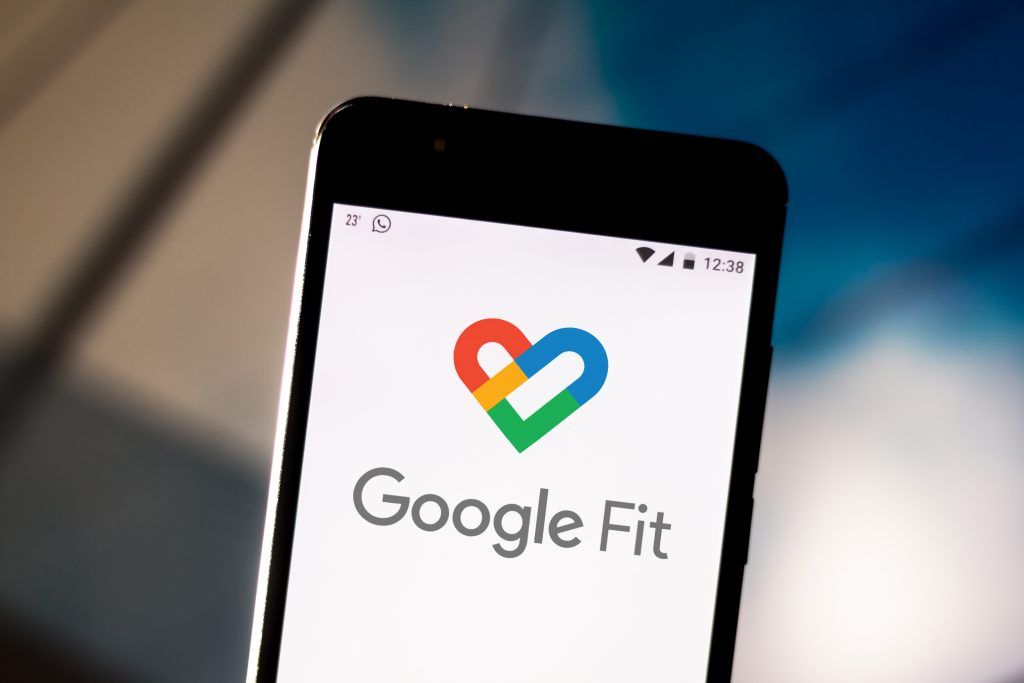By Scott Goss, BMI patient
For years, I was active, doing a job I loved that helped keep me at a healthy weight of about 180-185 pounds. That is, until I decided to open up a video store where I went from being very physically active at work to sitting on my rear-end all day playing games and watching videos. Looking back, that was my downfall.
I started gaining weight, and it just snowballed from there.
In December of 2016, I was 52-years-old and at my heaviest weight of 331 pounds. I had tried dieting and knew I needed to exercise, but it had gotten to the point to where I was almost too big to workout. Nothing worked. I couldn’t breathe, and I would literally get out of breath just taking a shower. That’s how out of shape I was. I just need something to jump start the weight loss for me.
My wife and I discussed me having gastric sleeve surgery, since she had just recently had it done herself. I decided to go for it and spoke with my primary care doctor. He said I was the perfect candidate since I didn’t have any major health issues other than being overweight, so he got me in touch with Dr. Long at Birmingham Minimally Invasive Surgery. Dr. Long and I went over the different kinds of surgeries, and I ended up doing the gastric sleeve surgery on December 28, 2016.
Granted the first week after surgery was rough, but after that, it’s been easy street for me. I don’t have anything negative to say about the surgery. I haven’t had any problems at all, and since then, I’ve just been focusing on taking care of my body.
I even surpassed my goal weight that I thought was unattainable.
I set a goal weight of 170, but because I never thought I could really get there, I told myself that if I get close to that, maybe 180, 185, I’d be happy. Not only did I make it to 170, but I made it a little side goal of mine to make it to 165, which is half of what I use to weight. I actually even surpassed that goal. While I was wearing a size 44-46 waist, I’m now a size 30, and rather than needing a 4X shirt, I wear a medium.
While I made sure that I got my protein and liquid in, I never did record or track my food. I just let my body tell me what it needed, and if I wanted a little treat every now and then, I would have it. The way I looked at it, rather than deprive myself of something and binge on it later, I’d show some restraint and let myself have a little bit.
It’s really been a game changer for me.
I have so much energy now that I even went back to work doing what I’d loved 20 years ago, doing drywall. Every day I surprise myself of what I can do. I’m even the guy they come to when they need to get in a tight spot. One day, one of the guys said, “You know what you need to do? You need to gain some weight. That way they won’t put you up there in the tight spots!” I just grinned and said, “Nah, I’ll be alright.” I’m just glad to be able to do it.
We’re actually going to a birthday celebration in Costa Rica soon, and I’m going to get to go snorkeling and a bunch of other activities that I couldn’t have done at my previous weight. I also haven’t flown in an airplane since the surgery. I used to have to get the seat belt extender, and now I’m going to have tons of room, and I just can’t wait. As a matter of fact, I even took one of those seatbelt extenders home with me one time and still have it. When I go back to the airport, I’m going to give them their seatbelt extender and say, “I no longer need this. You can have it back!”
For anyone considering weight loss surgery, I would, without a doubt, tell them to do it.
If you’re thinking about it, and really want to change your life and get back the old you, do it. I wish I could go back and do it 20 years ago. You can’t keep hoping that everybody will fix you. You have to fix yourself and start taking care of your body. My advice is to listen to it; it will tell you what it needs.
I feel so blessed to have my life back.
Dr. Long and his team did a great job, and I would recommend them to anybody. I hope this helps someone make the decision to get the surgery done, so it can change their life like it has mine.
Birmingham Minimally Invasive Surgery is a caring group of professionals who specialize in all types of bariatric surgery. Our surgeon Dr. Jay Long has highly specialized training in bariatric surgery, having completed a fellowship in minimally invasive and bariatric surgery at The Methodist Hospital in Houston, Texas, where he focused on taking care of patients that are morbidly obese. And we are so proud of our pricing that we publish the costs right on the front page of our website! Insurance won’t pay? We have a variety of financing options we can offer you so that you are able to get the healthy body you’ve wanted for years. Visit us today at http://www.bmisurgery.com/ or give us a call to set up a consultation at 205-833-6907.









